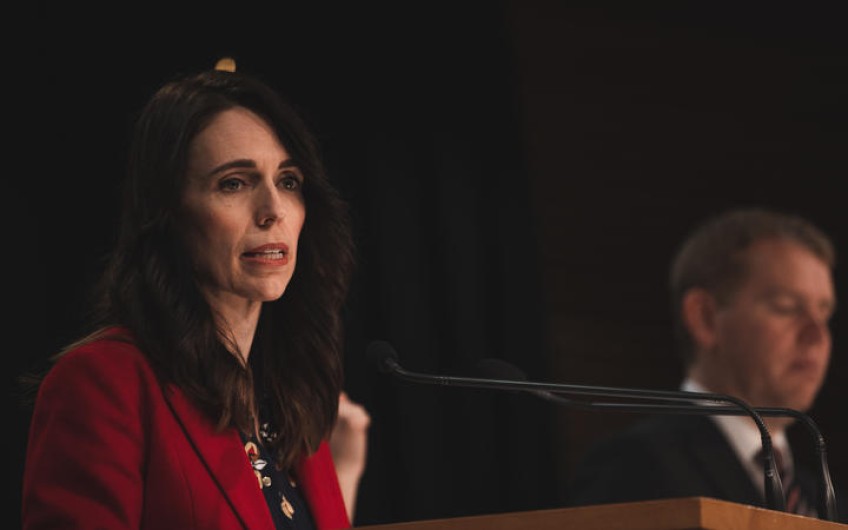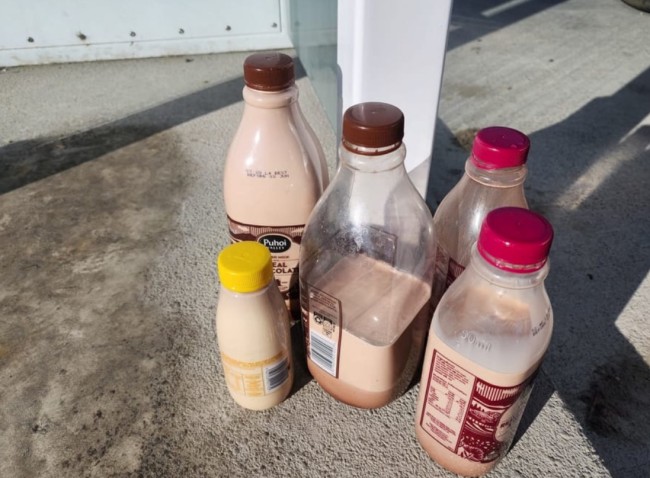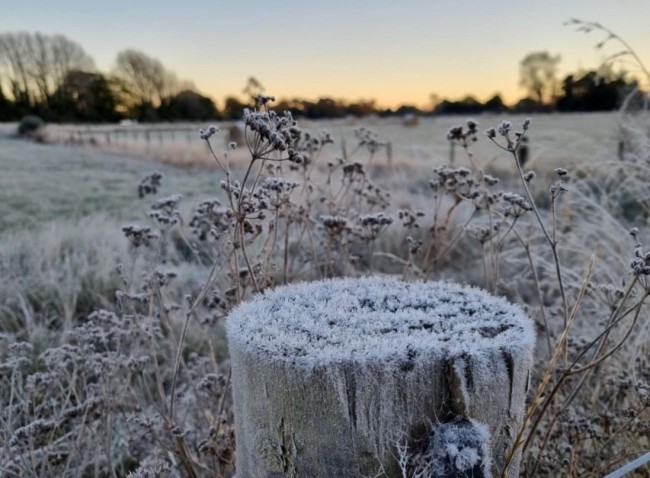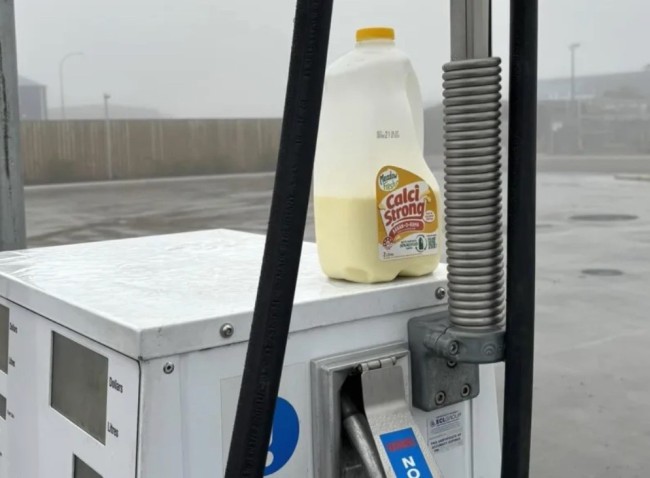
Covid-19: Auckland to remain at alert level 2.5 until at least 16 September - Ardern
Auckland will remain at alert level 2.5 for more than another week, the prime minister has confirmed.
At this afternoon's briefing, Jacinda Ardern said the current levels would remain until Cabinet reviewed the situation again on Monday 14 September.
If at that time a change to alert levels is made, it will take effect from 11.59pm on Wednesday 16 September, Ardern said.
The Auckland region is currently at alert level 2.5, which was due to expire on Sunday. At present Aucklanders can travel outside the region, though social gatherings are limited to no more than 10 people, with 50 allowed for authorised funerals and tangihanga. The rest of the country is at level 2.
Ardern said containment of the cluster, compliance to the rules and the impact of restrictions were considered by Cabinet.
"The best economic response becomes the best health response," Ardern said.
She said that because the source of the Auckland cluster was still not identified, the government had cause to be cautious.
There was still a risk of spread to other parts of the country, such as happened in Tokoroa, which was a good reason to maintain the rest of the country on alert level 2.
"If that does happen, level 2 settings lessen the impact of any spread and avoids any further fallout."
The prime minister would not say whether Auckland would need to go to level 2 before the country can move to level one.
Ardern said the Auckland cluster remained contained and there was no indication at this stage that Auckland needed to move back to level 3.
She said evidence suggested the country could have some confidence, but caution was still being urged.
"The reality is that we will need to be dealing with it (the virus) in a number of ways."
She said Melbourne still provided a striking example of moving too quickly.
"The reality is that as the virus continues to circulate in the world, we'll need to be dealing with it in a number of ways.
"While we all want to get out of level 2 restrictions as quickly as possible we only need to look at Melbourne to see what can happen when the virus takes hold."
Nearly 300,000 Covid-19 tests have been taken since the cluster was detected, including 67,660 in the past week - 61,800 in the community, 3587 border workers and 2213 staying in managed isolation facilities.
Since the move to level 2.5 in Auckland there have been another 30 community cases - all associated with the cluster. All are in isolation, as were people detected as close contacts
"All cases stem from a single index case," Ardern said.
A testing station would shortly be available at Botany Town Centre and places of worship, she said. There will also be health professionals available at the domestic terminal at Auckland Airport.
Police will also be highly visible in the community to enforce the rules over the weekend, the prime minister said.
Photo: RNZ / Samuel Rillstone
Half of New Zealand was now using the QR posters, she said, and it was pleasing to see the widespread use of masks.
"So let's double down our efforts," she said.
Ardern said she had spoken to other world leaders about how to manage lockdown fatigue and said it was understandable people had become weary.
She said it took hard slog and a huge effort, but people could see the gains of the measures they take.
Dr Ashley Bloomfield said on the subject of lockdown fatigue, the uptake of masks and the use of the Covid app, showed people realised that Covid may be with us for some time.
He urged people to be conscious of the size of the groups they were socialising with.
Three new community cases were reported today, all linked to the Auckland cluster.
Some public health experts have argued that the country needs to have a more graduated alert level system as it continues its bid to eliminate the virus.
Among them is the University of Otago's professor of public health Nick Wilson, who believes the system [https://www.rnz.co.nz/news/national/425209/alert-levels-need-to-reflect-emerging-science-public-health-expert-nick-wilson should be refined to reflect the risks of indoor gatherings and the need for widespread mask use, including in restaurants, bars and gyms.
A recent Japanese study estimated the risk of Covid-19 transmission was 20 times greater at indoor venues compared with outdoors, he told Morning Report.
"So that highlights the need to focus on these indoor environments where people are close together and that's where mask use is critical," Wilson said.
For outdoor areas people might not need to wear masks or even worry much about social distancing.
Auckland University Professor Shaun Hendy, whose modelling has guided the government's response, said it was too early to tell the true impact of the current alert level.
"It would wise to figure out how well the current settings have worked before we change them," he said.

























